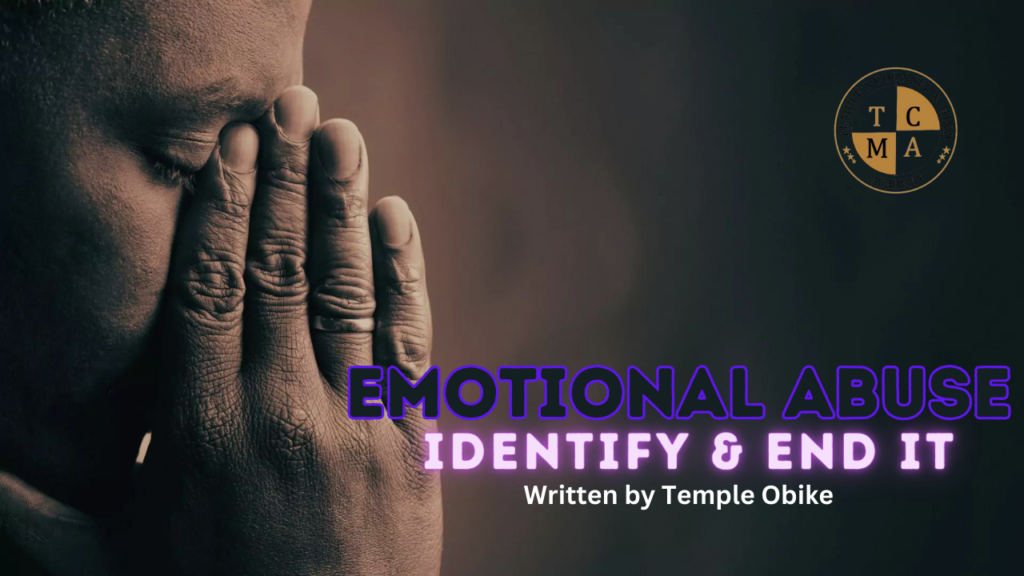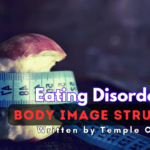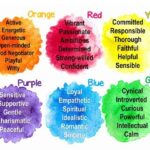Emotional abuse, often overlooked and underestimated, is a silent killer of self-esteem, mental well-being, and personal relationships. Unlike physical abuse, the scars of emotional abuse are hidden beneath the surface, leaving victims in a state of perpetual distress. On this write-up i will take you on a quick journey into the insidious world of emotional abuse, the critical process of identification, and the intervention strategies necessary to break free from its grip. It took practice and my first 5 years of practice as a therapist for me to begin peeling off the layers, aptly identifying and calling out emotional abuse.
“One of the most painful experiences to witness as a therapist is to see parents advise their children to stay in an abusive marriage or relationship for selfish reasons or simply because they just can’t understand the reason for their wards complaints as it wasn’t too different from things they have also experienced or still experiencing”. – Temple Obike
Understanding Emotional Abuse
Emotional abuse, also known as psychological abuse or mental abuse, is a form of maltreatment that involves the consistent manipulation, degradation, and control of an individual’s emotional and psychological well-being. Unlike physical abuse, emotional abuse leaves no visible bruises, but its impact can be equally devastating.
Forms of Emotional Abuse
Emotional abuse takes many forms, often making it difficult to recognize. Common manifestations of emotional abuse include:
- Verbal Abuse: This includes name-calling, insulting, belittling, and using derogatory language to demean the victim.
- Gaslighting: Gaslighting involves manipulating the victim’s perception of reality, making them question their own sanity and memory.
- Isolation: Abusers may isolate their victims from friends and family, creating a sense of dependency on the abuser.
- Intimidation: Threats, aggressive behavior, and a general atmosphere of fear can be used to control the victim.
- Silent Treatment: The abuser may use the silent treatment as a form of punishment or to gain control over the victim’s emotions.
- Withholding Affection: Emotional abusers often withhold affection, love, or support, making the victim feel unworthy.
The Impact of Emotional Abuse
The consequences of emotional abuse are profound and can affect every aspect of a victim’s life:
- Low Self-Esteem: Emotional abuse erodes self-worth and can lead to feelings of inadequacy.
- Anxiety and Depression: The ongoing stress and emotional turmoil can result in anxiety and depression.
- Isolation: Victims of emotional abuse may become isolated and cut off from their support systems.
- PTSD: In severe cases, post-traumatic stress disorder (PTSD) can develop, causing flashbacks, nightmares, and severe anxiety.
- Physical Symptoms: Emotional abuse can manifest in physical symptoms such as headaches, digestive problems, and sleep disturbances.
- Substance Abuse: Some victims turn to substance abuse as a way to cope with emotional pain.
Identifying Emotional Abuse
Identifying emotional abuse is a crucial step toward breaking free from its grasp. Here are the signs to look for:
1. Consistent Criticism: If you’re constantly criticized, belittled, or demeaned by someone in your life, it’s a sign of emotional abuse.
2. Manipulation and Control: Abusers often use manipulation and control tactics to maintain dominance over their victims. These may include threats, gaslighting, and control over daily activities.
3. Isolation: If you find yourself increasingly isolated from friends and family, it may be a red flag.
4. Withholding Affection: Emotional abusers often withhold love, affection, and emotional support, creating feelings of rejection.
5. Frequent Put-Downs: If someone frequently puts you down, makes fun of you, or undermines your self-worth, it’s a sign of emotional abuse.
6. Fear: If you’re living in fear of someone’s reactions, outbursts, or behavior, it’s a clear indication of emotional abuse.
7. Emotional Turmoil: Constant emotional turmoil, feeling on edge, or experiencing anxiety and depression could be the result of emotional abuse.
8. Sense of Guilt: Victims of emotional abuse often carry a sense of guilt, feeling responsible for the abuser’s behavior.
Intervention and Recovery
Breaking free from the clutches of emotional abuse is a challenging but essential journey toward healing and recovery. It’s important to seek support and take specific steps to regain control of your life.
1. Seek Professional Help: Consider therapy or counseling to address the emotional scars and trauma resulting from emotional abuse. A trained therapist can provide guidance and support.
2. Build a Support System: Reconnect with friends and family members who have been isolated from your life. Building a support system is crucial in the recovery process.
3. Set Boundaries: Establish clear boundaries to protect yourself from further emotional abuse. Communicate your limits and enforce them.
4. Self-Care: Prioritize self-care. Engage in activities that promote mental and emotional well-being, such as exercise, meditation, and relaxation techniques.
5. Education and Awareness: Learn about emotional abuse and its impact to better understand your own experiences. This can help in the healing process.
6. Legal Action: In cases of severe emotional abuse or threats, legal action may be necessary to protect yourself and your rights.
7. Create a Safety Plan: In some situations, creating a safety plan to protect yourself from potential harm is essential. This may involve relocating, seeking a restraining order, or seeking shelter.
8. Rebuild Self-Esteem: Rebuilding self-esteem is a critical aspect of recovery. Focus on your strengths and achievements to rebuild self-worth.
Supporting Others
If you suspect that someone you know is a victim of emotional abuse, it’s essential to offer support and resources:
1. Listen Non-Judgmentally: Be a listening ear without judgment. Allow the person to share their experiences and feelings.
2. Encourage Professional Help: Suggest seeking professional help or counseling to address the emotional trauma.
3. Provide Resources: Offer information on local support groups, hotlines, and organizations that can provide assistance.
4. Respect Their Choices: Remember that the victim may not be ready to leave the abusive relationship. Respect their choices and be patient.
5. Offer a Safe Space: Ensure that the victim feels safe and supported. Create a safe space where they can express themselves without fear.
6. Encourage Boundaries: Help the victim establish boundaries and reinforce their importance in maintaining a healthy emotional state.
7. Maintain Confidentiality: Keep any information shared in confidence. Trust is crucial for the victim to feel safe in seeking help.
Conclusion: Breaking the Cycle of Emotional Abuse
Emotional abuse is a silent killer, eroding self-esteem, well-being, and personal relationships. Identifying the signs of emotional abuse is the first step toward breaking free from its grasp. Seeking support, whether as a victim or a concerned friend or family member, is crucial in the journey toward recovery. Breaking the cycle of emotional abuse is possible, and healing and self-empowerment are achievable goals for those who choose to reclaim their emotional and psychological well-being.


